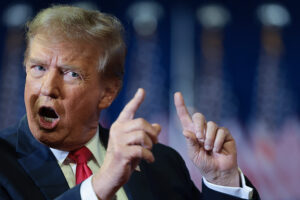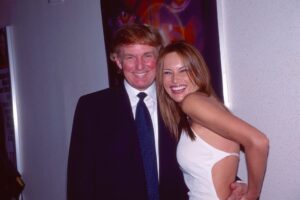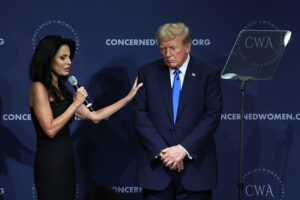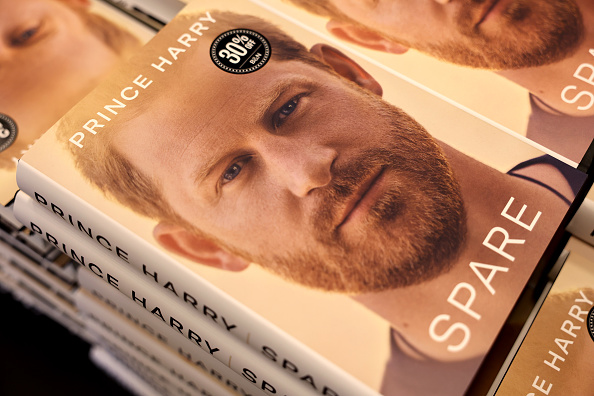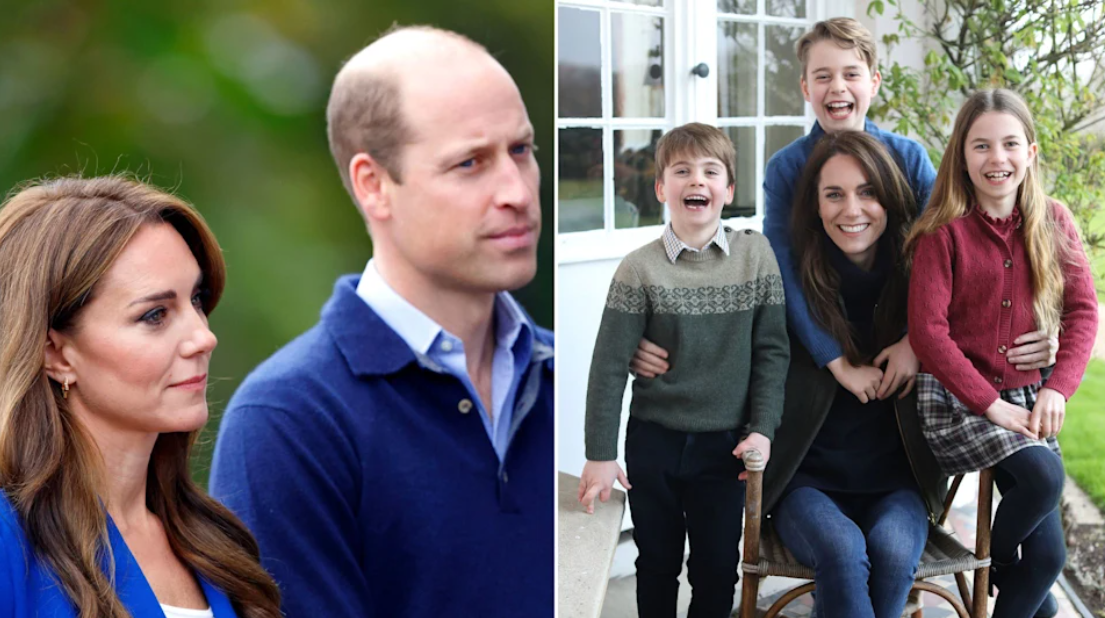Prince Harry’s memoir, where he confessed to using drugs like cocaine and psychedelic mushrooms, is now facing scrutiny, as a lawyer suggests that the revelation might have been exaggerated to boost book sales, as per Mirror.
In a recent court hearing in Washington DC, the attorney for the Biden administration, John Bardo, emphasized that Prince Harry’s memoir cannot be considered legal proof of his drug use, despite the candid confession present in the book “Spare.” Bardo argued that the memoir might have been embellished solely to sell more copies, cast doubt on the accuracy of the drug-related revelations.
The controversy surrounding Prince Harry’s drug admission in his autobiography has sparked significant public outcry. The Heritage Foundation, a Conservative Washington DC think tank, has taken legal action against the Department for Homeland Security (DHS). The Foundation’s lawsuit was initiated after their Freedom of Information Act request, seeking access to Prince Harry’s visa forms, was rejected.
The crux of the Heritage Foundation’s argument revolves around the belief that Prince Harry’s acknowledgment of past drug use should have led to his disqualification from entering the United States. However, John Bardo countered this stance by stating in the DC court that the memoir is not a form of sworn testimony or conclusive evidence of the Duke of Sussex’s actual involvement with illegal substances.
“Saying something in a book doesn’t necessarily make it true,” Bardo remarked, underscoring the potential exaggeration for the sake of literary success. The lawyer suggested that Prince Harry’s drug confession might be a narrative device aimed at enhancing the commercial appeal of his memoir.
The lawsuit against the DHS was brought forth by the Heritage Foundation, asserting that Prince Harry’s visa application is a matter of “immense public interest.” The foundation questions whether Prince Harry was truthful in his application or if he received preferential treatment, leading to his entry into the United States and subsequent residency.
During the court proceedings, Judge Carl J Nicholas reportedly expressed discomfort with referring to the Duke as “Prince Harry,” deeming it too informal. Instead, he suggested using the more formal title, “The Duke of Sussex,” in addressing the royal figure. This added layer of formality reflects the seriousness of the ongoing legal discussions surrounding Prince Harry’s memoir and its potential implications on his past actions and entry into the United States.
As the legal battle unfolds, the question of the authenticity of Prince Harry‘s drug confession continues to be a focal point, with the suggestion that the revelation may have been magnified for literary purposes, adding an intriguing layer to the ongoing narrative.
